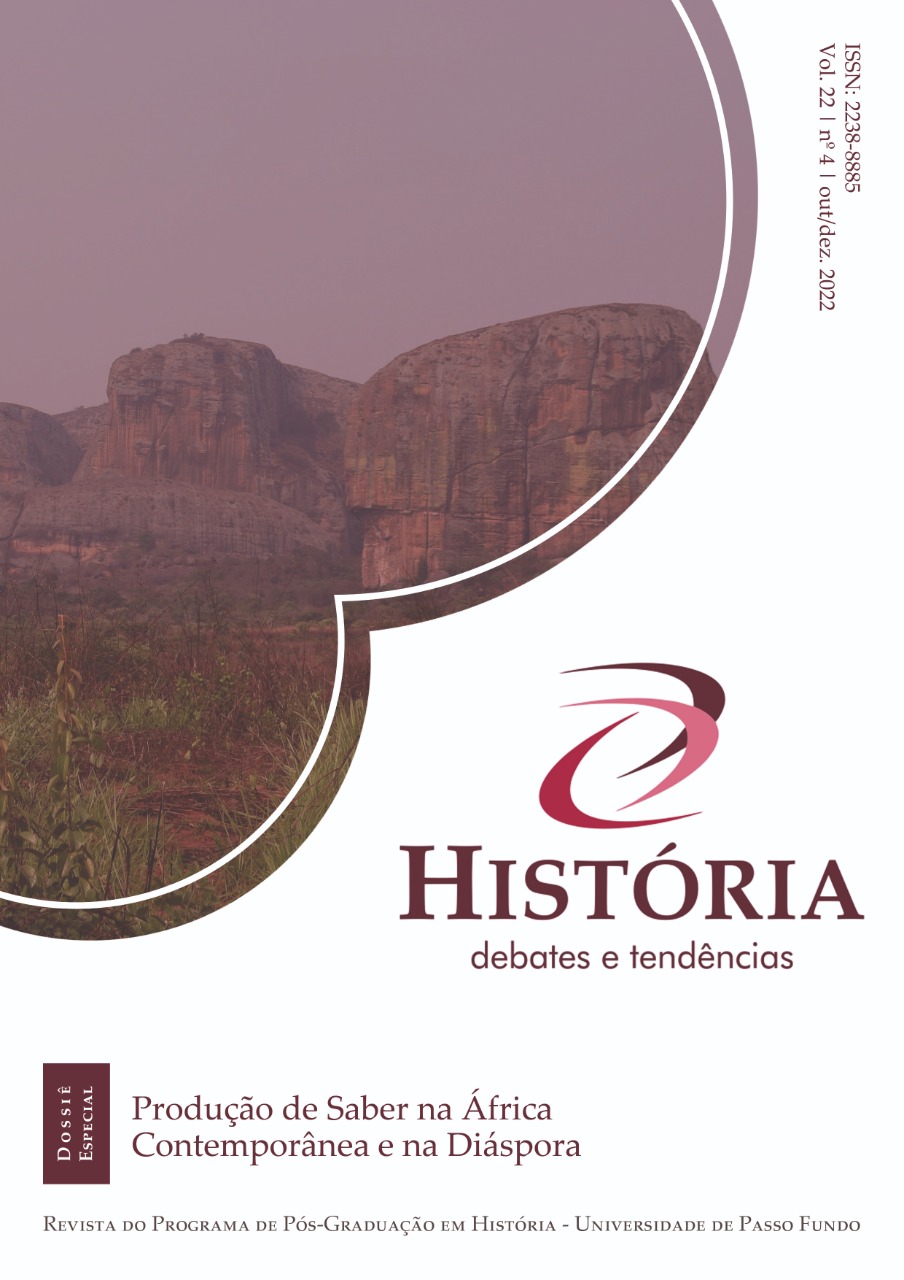Educational knowledge and knowledge of bodies:
an unlearning to re-exist
DOI:
https://doi.org/10.5335/hdtv.22n.4.14054Keywords:
Diversity and difference, Redefined peripheries, Existential education, Afro-descendant educationAbstract
This article seeks, in the first instance, to show the political in education and as a device of power, where the white-mestizo ideology was implanted. From there, to question the educational system of nation-states that has continuity with their colonial heritages and that configured the coloniality of power, being and knowledge, and on the other hand, to propose some historical proposals for another Afro-Ecuadorian education, and that, at the same time, constitute themselves as decolonial philosophies and praxis, based on the memory and words of the elderly, who have been working and installing themselves in the educational scenario as a response to a monocultural and hegemonic education, which does not take into account diversity and difference. cultural. In addition, a reflection is made from the racialized body in the educational system.
Downloads
References
DU BOIS. W.E.B. Las almas del pueblo negro. La Habana. Fundación Fernando Ortiz, 2001.
GORDON, L. Decadencia disciplinaria: pensamiento vivo en tiempos difíciles. Quito. Editorial Abya Yala, 2013.
GUERRERO. P. Corazonar, una antropología comprometida con la vida. Nuevas miradas desde Abya Yala para la descolonización del poder, del saber y del ser. Paraguay. Fondo Nacional de la Cultura y las Artes. FONDEC, 2007.
LEÓN. E. Filosofías de las existencias desde el cimarronaje: desaprenderes desde los márgenes. Quito. Universidad Andina Simón Bolívar-Ediciones Abya Yala, 2021.
LEÓN. E. “Interculturalidad y políticas culturales en la población afroecuatoriana”. En: Interculturalidad: reflexiones desde la práctica. Mendoza, A., y Yánez, F. (Comp.). Programa Regional de Educación Intercultural Bilingüe (EIBAMAZ). Convenio de Cooperación entre el Gobierno de Finlandia y Unicef, 2008.
MIGNOLO, W. “Diferencia colonial y razón post-occidental”. En: SANTIAGO CASTRO - GÓMEZ, (Ed.). La reestructuración de las ciencias sociales en América Latina. Bogotá: Colección Pensar/Centro Editorial Javeriana, 2000.
QUIJANO, A. “Colonialidad del Poder, Cultura y Conocimiento en América Latina”. En: Santiago Castro-Gómez (Ed.), Pensar (en) los intersticios, Bogotá, Colección Pensar/Centro Editorial Javeriana, 1999.
RAPPAPORT, J. Utopías interculturales Intelectuales públicos, experimentos con la cultura y pluralismo étnico en Colombia. Colombia. Editorial Universidad del Rosario, Universidad del Cauca, 2008.
SALAZAR, Juan García. Entrevista personal, 2013.
SODRÉ, Muniz. Pensar Nagó. Petrópolis: Editora Vozes, 2018.
Walsh, C. “¿Interculturalidad y (de)colonialidad?” gritos, grietas y siembras desde Abya Yala”. En: GARCÍA, A.; ARAUJO, D.; KAMINSKI. L. (Orgs.). Poéticas e políticas da linguagem em vias de descolonização. San Carlos. São Paulo: Pedro & João Editores, 2017.
WINTER, S. “En torno al principio sociogénico: Fanon, la identidad y el rompecabezas de la experiencia consciente y cómo es ser ¨negro¨¨. En: Piel negra, máscaras blancas. Madrid-España. Ediciones Akal, 2009.






